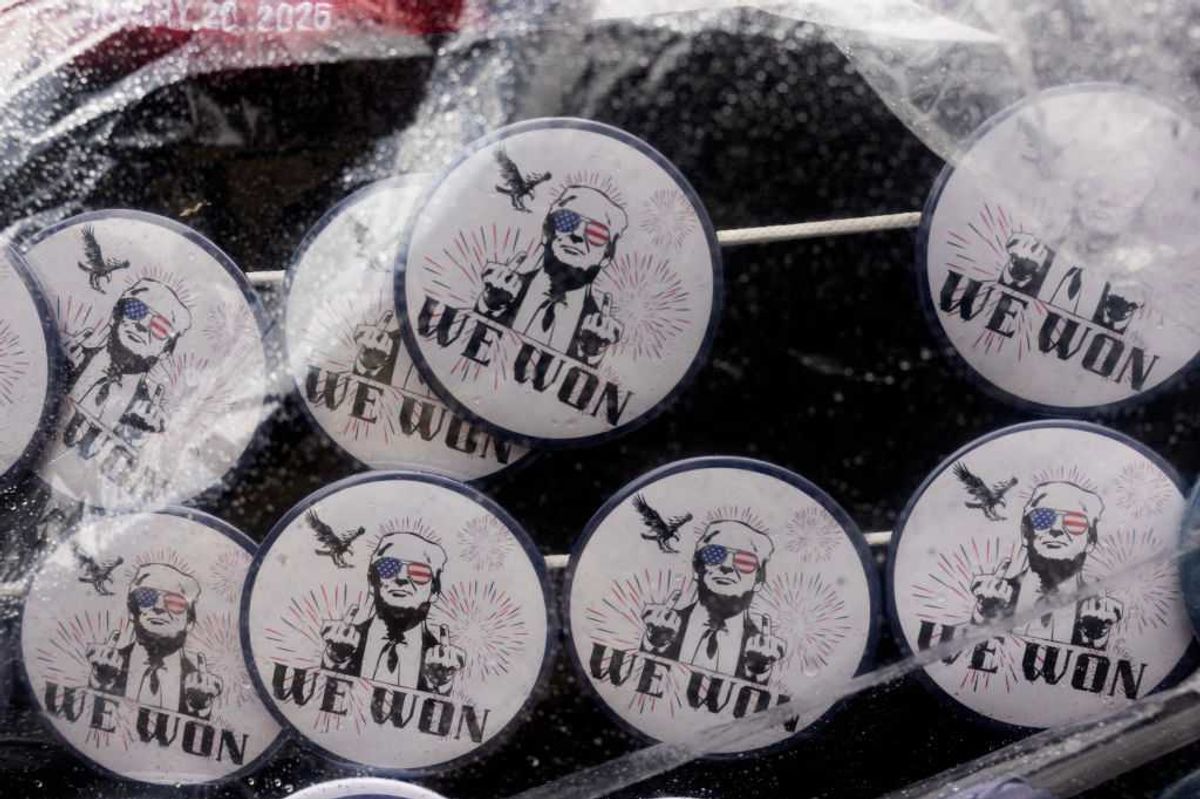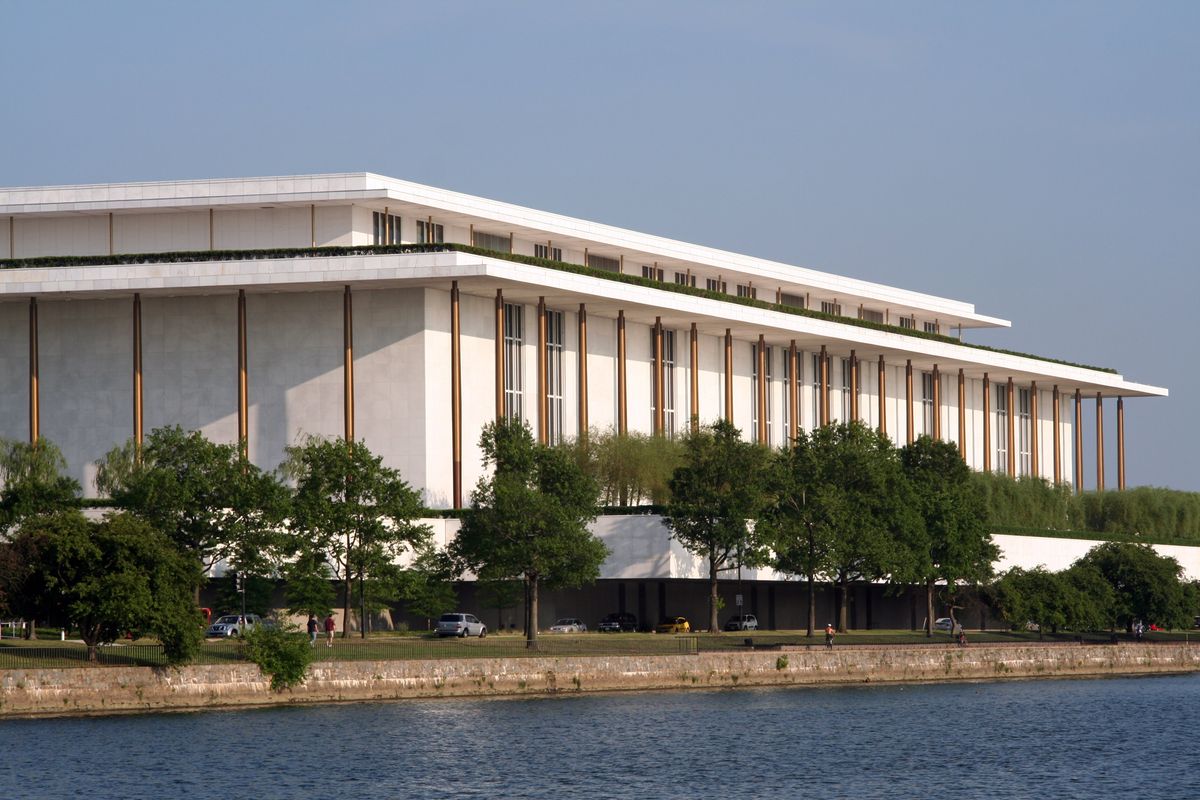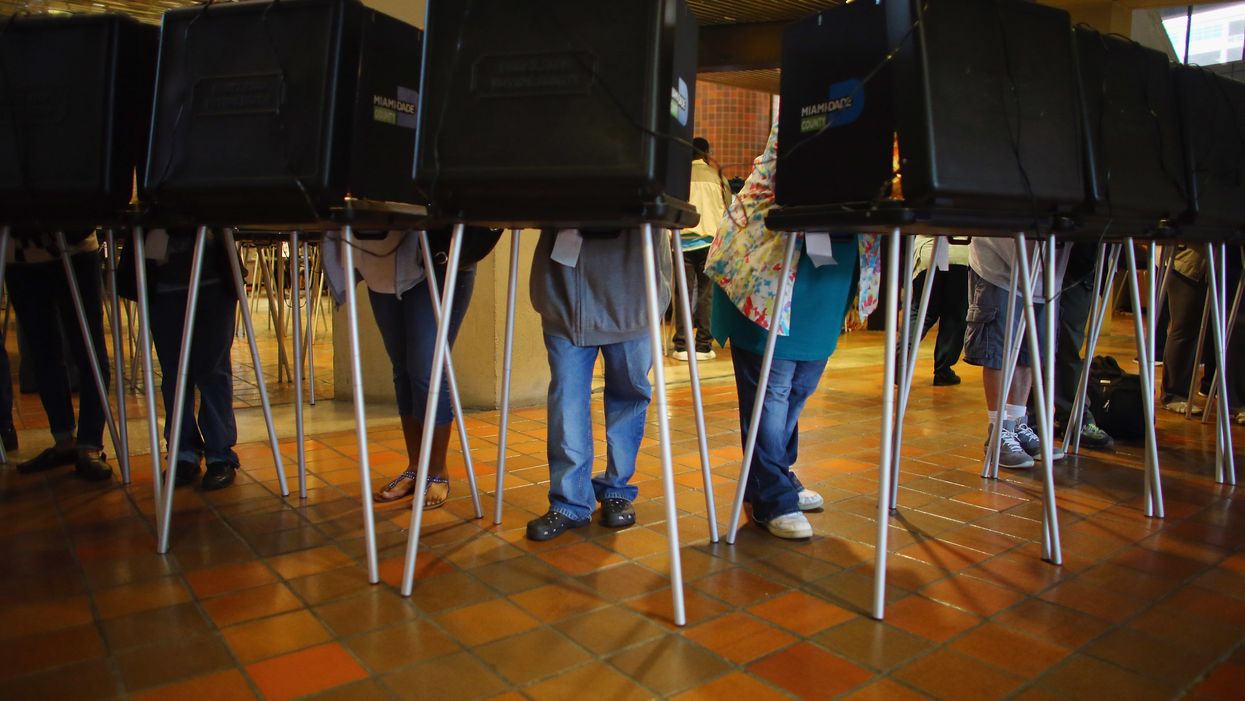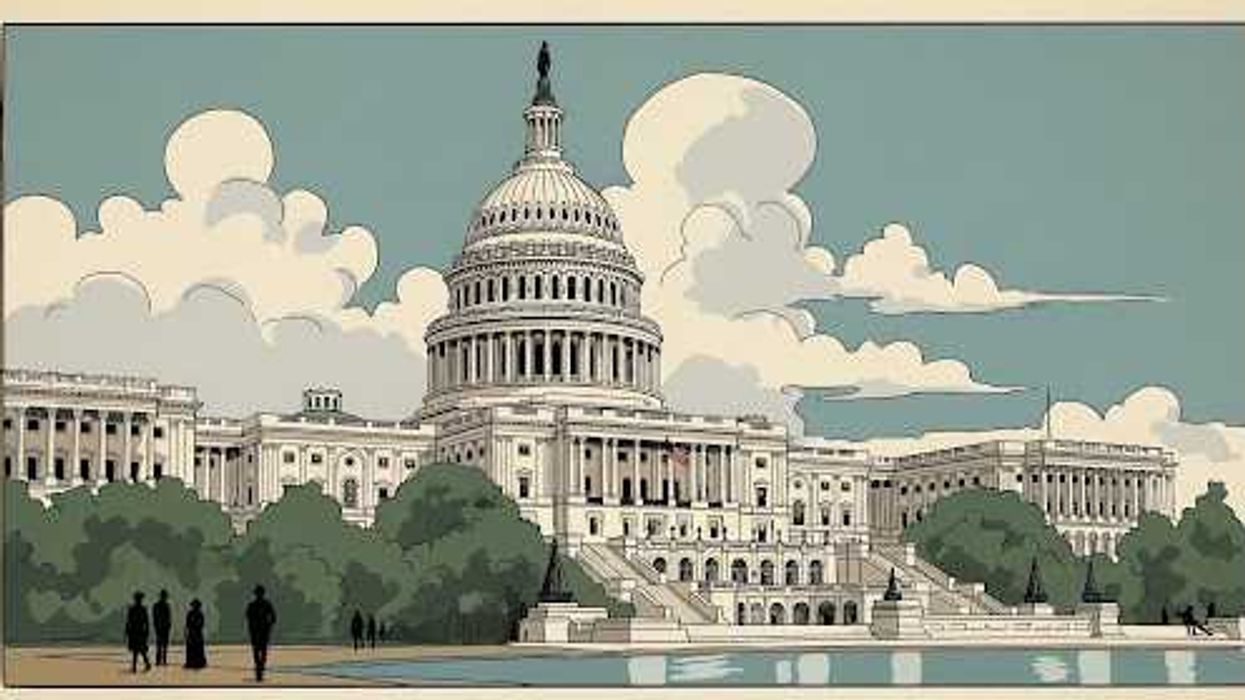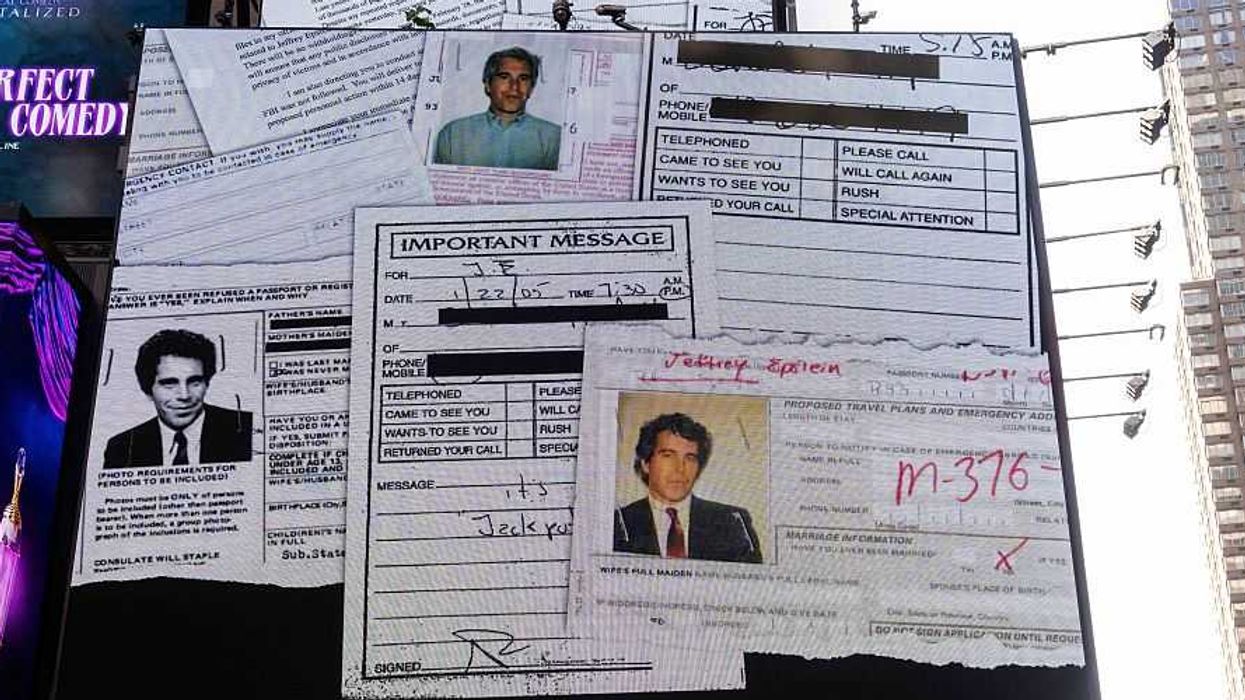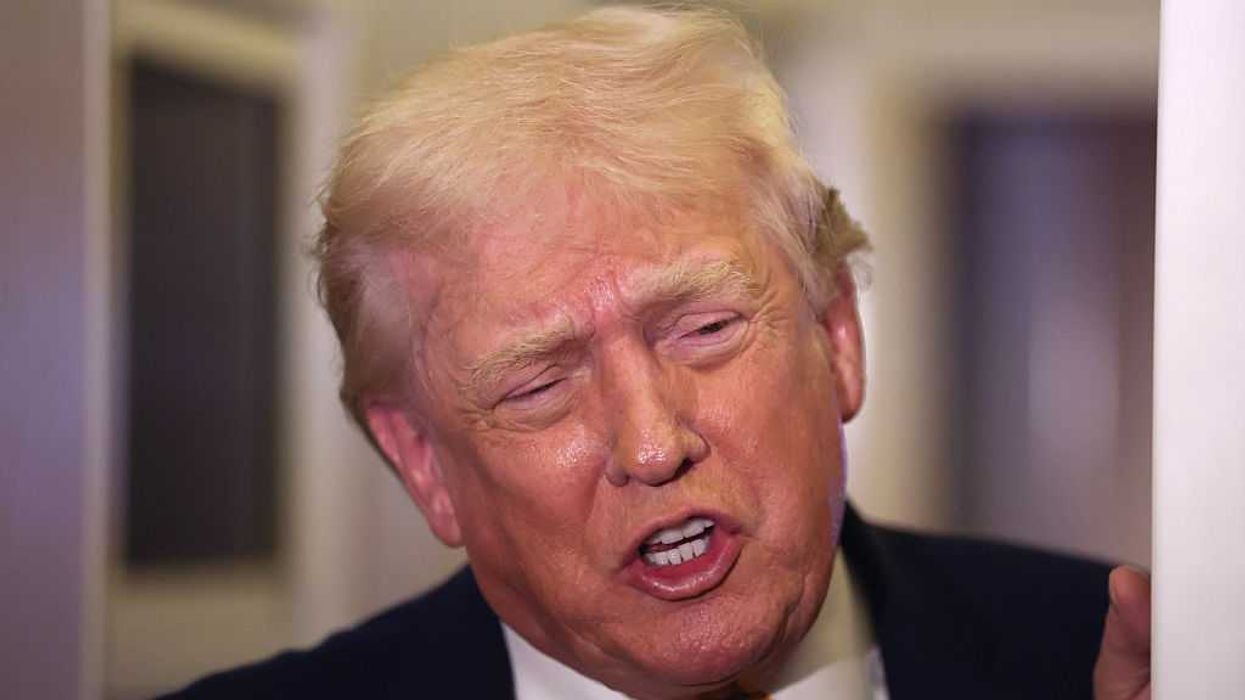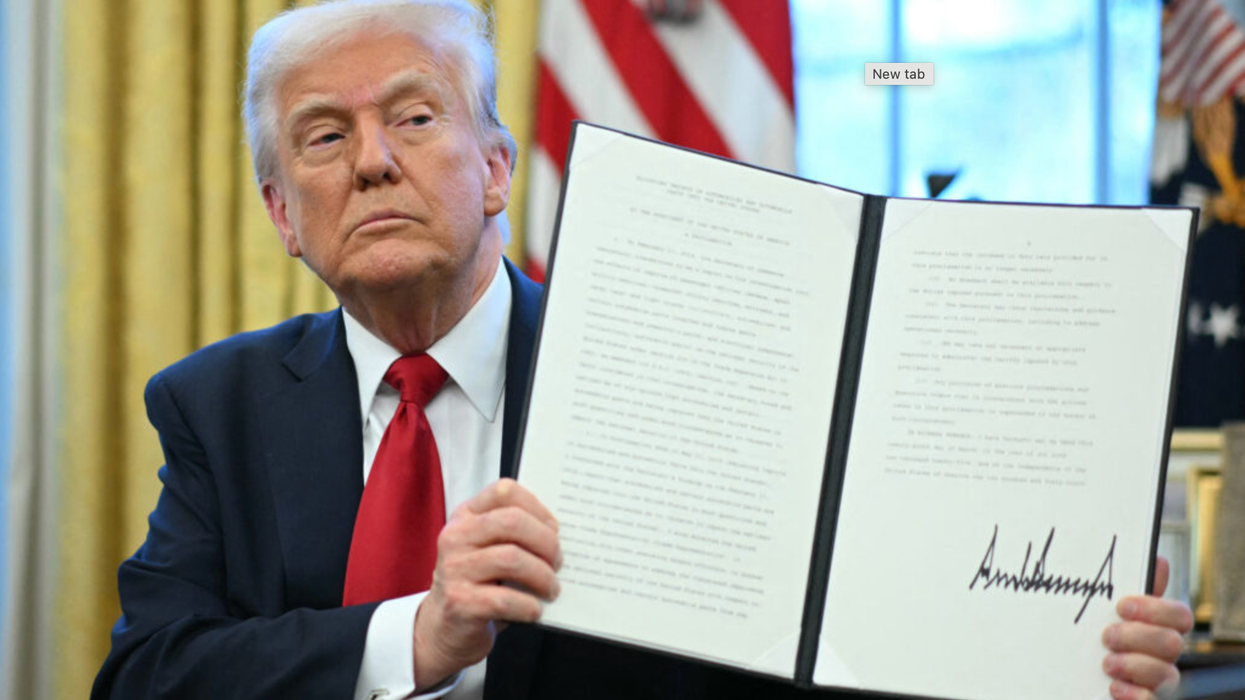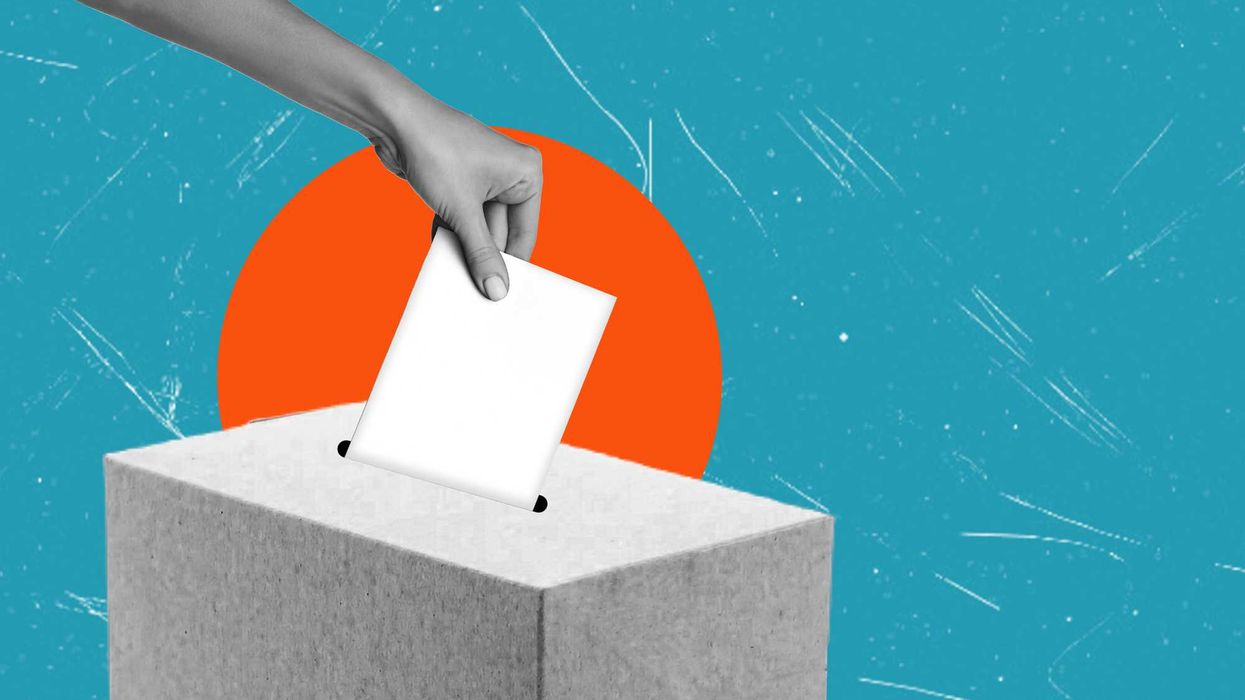Shineman is an assistant professor of political science at the University of Pittsburgh.
Florida Gov. Ron DeSantis has signed a measure approved by state lawmakers that makes the restoration of voting rights for people convicted of felonies contingent on having paid off all criminal debt associated with their conviction.
A coalition of civil rights groups immediately filed a lawsuit in federal court to block the new law by having it declared unconstitutional.
I'm a political scientist who researches the effects of restricting and restoring the voting rights of people convicted of crimes. I believe it's not yet clear whether the new law will withstand this legal challenge. But if the law stays on the books, it would greatly reduce the number of people whose voting rights are restored in Florida.
Voting rights in Florida
Florida used to have the nation's strictest disenfranchisement law for people convicted of felonies.
In most states, voting rights are automatically restored after a person is released from prison, or after they finish parole or probation. In comparison, under Florida's old system, a citizen with a felony conviction would never be allowed to vote again, unless they were granted clemency by a four-member board that typically had a long waitlist of applicants.
Florida voters had indicated their readiness to change all that in November 2018, when they voted by a 2-1 margin to amend their state's constitution. Known as Amendment 4, this measure backed by conservative and progressive groups alike automatically restored the voting rights of Floridians with felony convictions "after they complete all terms of their sentence including parole or probation."
New exclusions
The new law restricts the impact of Amendment 4, making the inability to pay off criminal debts the only thing standing between many people and their right to vote.
That's why many politicians and civil rights advocates have derided the measure as a "poll tax" akin to the fees southern states levied on African Americans to strip them of their right to vote for nearly a century. The 24th Amendment declared poll taxes illegal in federal elections in 1964, and the Supreme Court barred them from state elections two years later.
The National Association for the Advancement of Colored People argues that Florida's law violates the Constitution's 14th Amendment's Equal Protection Clause and Due Process Clause, the 24th Amendment's ban on poll taxes, the 15th Amendment's prohibition of denying voting rights based on race, and the First Amendment's protection of free speech.
The ACLU further alleges that the new law violates the Florida Constitution because it contradicts the voters' intent.
Without the new law, Amendment 4 could potentially have restored voting rights to about 1.4 million citizens. But now, 80% or more of Floridians with felony convictions who owe criminal debts might never get the opportunity to cast ballots, according to the lawsuit filed right after DeSantis signed the new law.
Although the law does provide for new pathways by which criminal debts can be dismissed or converted into community service, former Florida Chief Judge Belvin Perry questions whether those options will work.
More than 2,000 people who gained voting rights through Amendment 4 had registered within the first three months of 2019. The state anticipates canceling any registrations it deems ineligible once it sets up costly systems to implement the law.
Florida authorities have said they won't prosecute anyone who registered or voted during the first half of 2019 for voter fraud, even if they are later deemed ineligible to vote. But there are no protections in place for anyone who registers in the future.
Unpaid criminal debts
Why do so many Floridians have unpaid criminal debt?
Florida's constitution requires the state's courts to finance themselves. Generating their own budget compels the courts to levy "user fees" to defendants as they progress through the system, in addition to the restitution to victims and fines associated with each conviction.
The state issued a total of more than US$1 billion in felony fines between 2013 and 2018.
Strangely, the authorities do not expect most of these fees to ever be paid. Florida's leaders acknowledge this. The state anticipates the receipt of only 9% of that money, versus 90% receipt rates for traffic fines.
Through these fines, Florida courts are trying to generate revenue from a poor population that is largely unable to pay. While the Florida Supreme Court affirmed that the state must evaluate a person's ability to pay before collection begins, and also before punishing for nonpayment, this rarely happens. One woman owes $59 million in restitution related to her insurance fraud conviction after serving a 30-month sentence.
Is this legal?
Voters could be surprised to see people with felony convictions having to pay off criminal debt as a condition for getting back the right to vote. The ballot initiative didn't mention criminal debt.
Interpretations varied, however. A lawyer presenting the amendment to the Supreme Court, Florida's official financial impact assessment of the amendment, the American Civil Liberties Union and online voter guides all had their own take on whether the amendment would include criminal debt.
Should legal challenges to this law make it all the way to the U.S. Supreme Court, the outcome isn't clear. The Supreme Court previously upheld a similar Arizona law that required citizens to pay back all court charges before having their voting rights restored. The court ruled that these charges are not a tax, and also that policies that restore voting rights must meet different standards than policies that restrict voting rights.
But the unique characteristics of Florida's criminal debt structure could potentially make Florida a new test case.
Lost opportunities
I'd argue that restoring the vote to citizens who have been through the criminal justice system would benefit society.
My research suggests that being encouraged to vote causes people to become more informed and more trusting.
I also researched what happened when more than 150,000 Virginians convicted of felonies had their voting rights restored through actions by their governor. I found that restoring voting rights in Virginia caused newly enfranchised citizens to feel more included in society and to develop stronger trust in government and stronger confidence in themselves.
Other scholars have found that these types of attitudes ease the transition back to life outside prison after serving out sentences, reducing the likelihood that formerly incarcerated people commit more crimes.
Based on this research, it appears likely that restoring voting rights to more people in Florida would benefit the state in many ways – among them, having fewer people living behind bars. And any law that restricts this enfranchisement would have the opposite effect.
This article is republished from The Conversation under a Creative Commons license. Read the original article. It includes some information in a related article published May 1, 2019.

